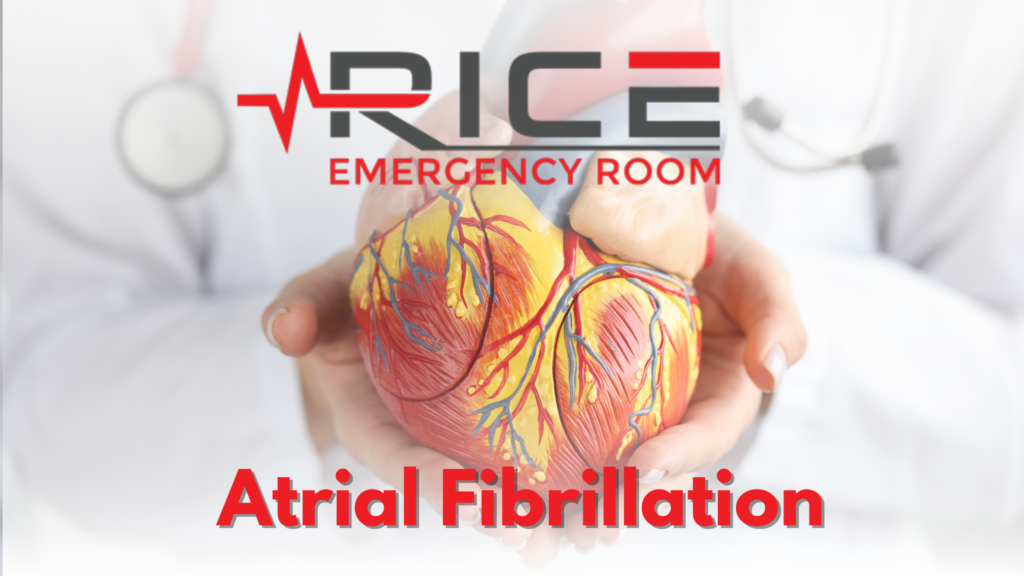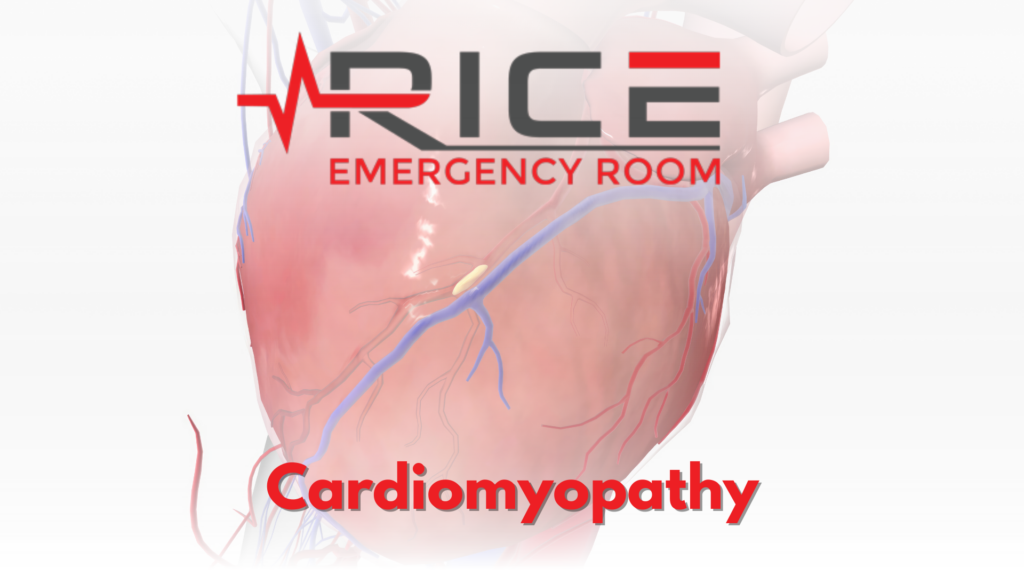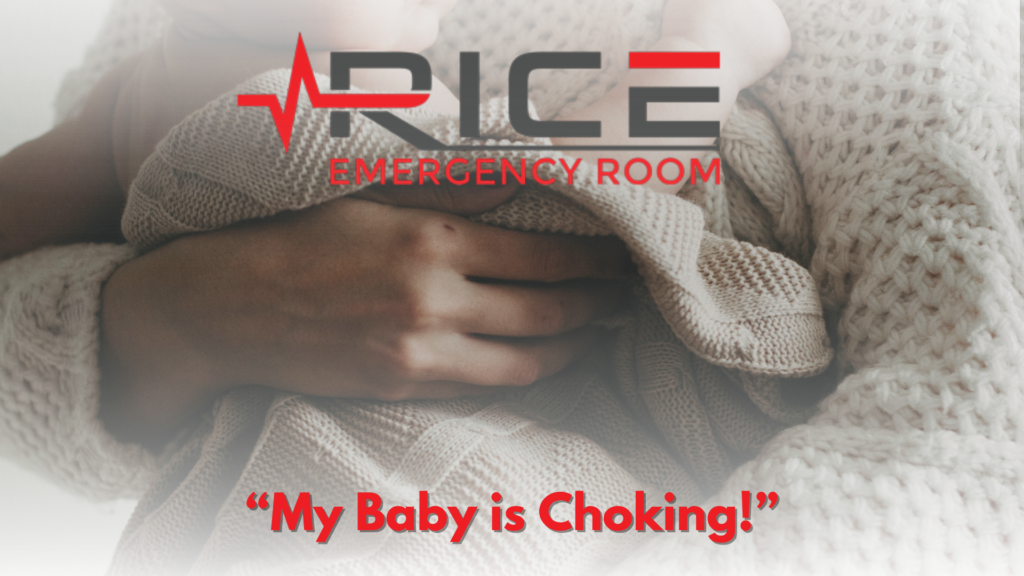
Knowing what is treated with antibiotics is helpful in knowing when these types of drugs are needed. There are many different types of antibiotics and they can be used to treat various conditions. However, antibiotics can also cause side effects, and some people may be allergic to them. If you are taking antibiotics, it is essential to be aware of how to safely use them.
Antibiotics and Safety
Antibiotics are used to treat infections, but not all infections. Antibiotics may work well against infections brought on by bacteria (germs), but they are ineffective against viral infections. Antibiotics can have side effects like all medications, so they should only be used when absolutely required.
Antibiotic use that is unnecessary can potentially be hazardous. It’s one of the most often prescribed medications. Up to 50 percent of all the antibiotics recommended for people are not needed. The most significant factor that has contributed to antibiotic resistance is the misuse of antibiotics.
At least 2 million people in the United States suffer serious infections every year from germs that are resistant to one or more of the antibiotics used to treat such infections. Illnesses that are resistant to antibiotics cause at least 23,000 deaths annually.
Each year, almost 250,000 people require hospital care for Clostridium difficile (C. difficile) an infection of the large intestine, which is a disruption in the healthy bacteria that live in the colon. Treatment for this infection is exceedingly challenging. The primary cause of this illness is the use of antibiotics. (Cleveland Clinic)
Antibiotics Side Effects
Allergic Reaction: More than 140,000 trips to the emergency room are due to allergic reactions to antibiotics each year. Nearly four out of every five trips to the emergency room for antibiotic-related side effects are brought on by an allergic reaction.
These reactions can range in severity from minor rashes and itching to painful, blistering skin reactions, facial and throat swelling, and breathing difficulties. The greatest method to lower the risk of antibiotic side effects is to minimize needless antibiotic use. You must disclose to your doctor any allergies or previous drug reactions. (Cleveland Clinic)
C. difficile: C. difficile is a species of bacteria (germ) that causes diarrhea and is thought to be responsible for at least 14,000 fatalities in the United States each year. When you take antibiotics, the beneficial bacteria that fight infections are killed for a while. During this time, C. difficile infection is possible. The germs can spread from the medical setting or be picked up from contaminated surfaces. People who use antibiotics and receive medical care are most at risk, especially elderly adults. Antibiotics should only be taken exactly as directed. (Cleveland Clinic)
Antibiotic resistance: Using antibiotics may make it more likely that bacteria will develop resistance to them. Infections resistant to antibiotics can be exceedingly dangerous and challenging to cure. (Cleveland Clinic)
Medical ID Bracelets for Allergies
Medical ID (alert) jewelry, such as identification necklaces and bracelets with medical information engraved on them, serve to inform emergency medical personnel of any conditions you might have or other issues that might be important to your care if you pass out or become otherwise incapacitated. Any allergies to antibiotics or other medication should be mentioned on Medical ID bracelets so that healthcare providers are aware. (Brouhard, 2020)
Antibiotics Are Safe When Properly Used
Overall, antibiotics can be beneficial when it comes to treating infections. However, it’s essential to be aware of the potential side effects and allergies that can come with them. If you’re unsure whether to take antibiotics, speak with your doctor. Its important to also wear a medical alert bracelet if you have any allergies to antibiotics. When used properly, antibiotics can be life savers.
Works Cited
“Antibiotics: Side Effects, What Is IT & Usage.” Cleveland Clinic, my.clevelandclinic.org/health/drugs/16386-antibiotics.
Rod Brouhard, EMT-P. “Is Medical ID Jewelry Helpful in an Emergency?” Verywell Health, Verywell Health, 24 Mar. 2020, www.verywellhealth.com/making-the-most-of-your-medical-bracelet-1298508.



